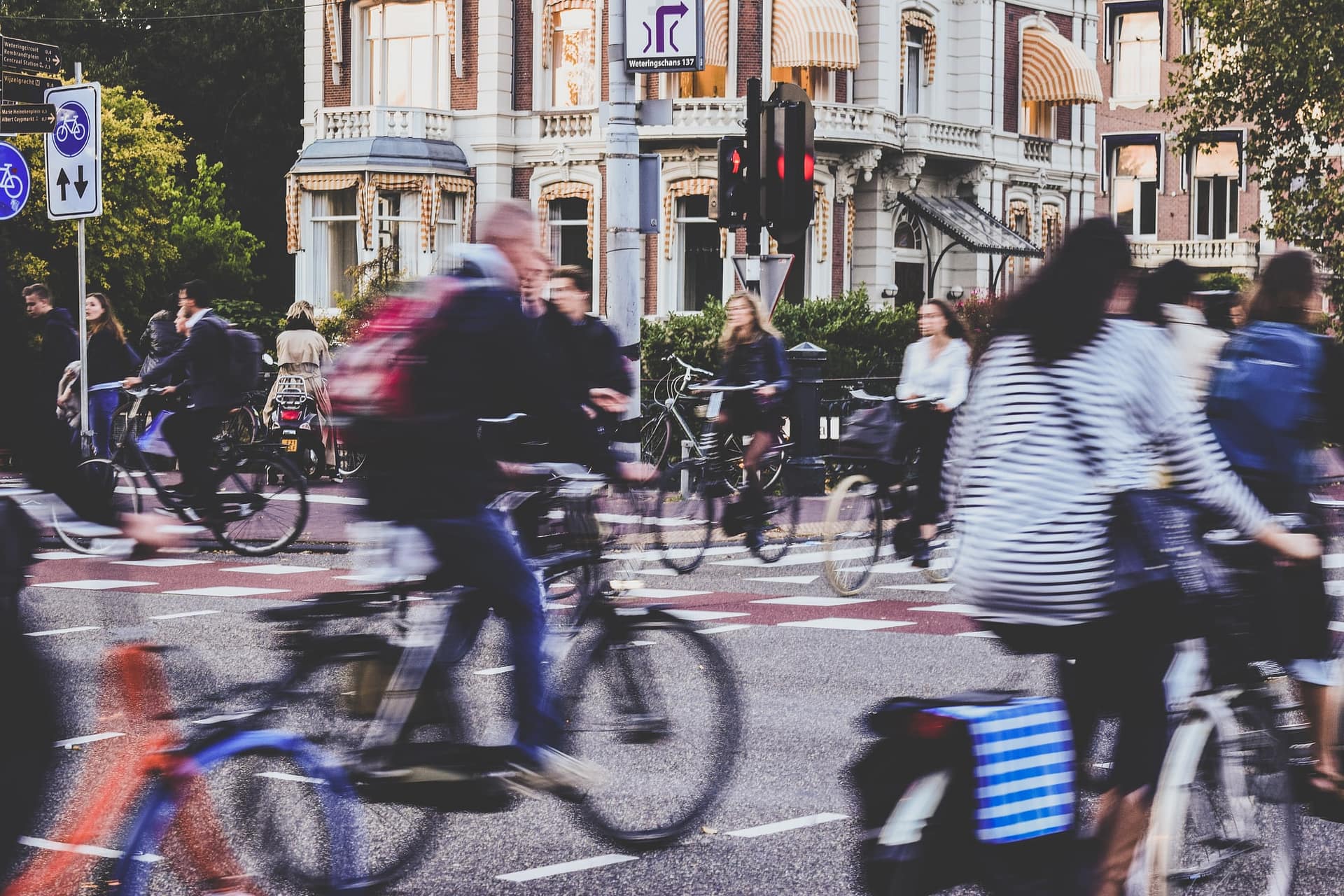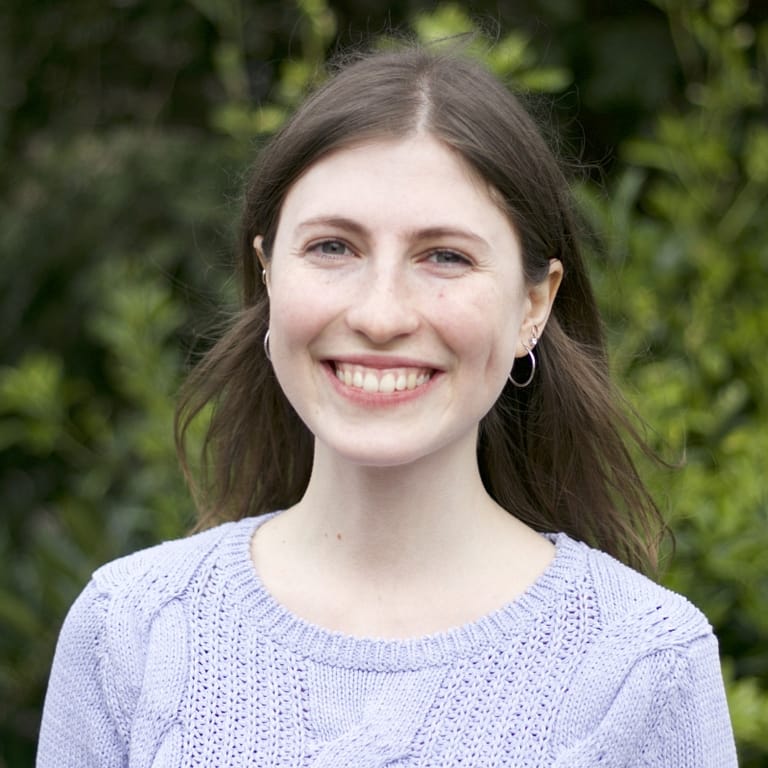Metabolic’s founder, Eva Gladek, was recently interviewed on The Sustainability Agenda.
Hosted by Fergal Byrne, the podcast explores today’s biggest sustainability questions with prominent names in the field. Together with Eva Gladek, we find social activist Medha Patkar, award-winning journalist and writer Naomi Klein, and many others. This episode explores resilience, systems thinking, and how to make use of the current crisis to shift the global system towards a more sustainable alternative.
The importance of resilience in times of crisis
COVID-19 has demonstrated that change can happen overnight. It has revealed cracks in the system and a stark lack of resilience when it comes to the structure of our global economy. Eva explains, “as a silver lining out of the tragedy,” how this could be an opportunity to create resilience while increasing the potential of local circular economies.
One key area of focus is the fragility of supply chains. “We have started to centralize types of production and resource flows, leading us to a less resilient supply chain network that has been hard-hit by the crisis,” says Eva Gladek.
A solution to this could be implementing local resilience and in general establishing a more resilient supply network. In this case, Eva explains, the definition of resilience is more than “the ability of a system to withstand shocks and to maintain its functioning”, as there are many aspects of the current system that are problematic. It is about identifying the parameters and characteristics that we do want to maintain and ensuring that those qualities can survive any kind of crisis or change.
Resilient cities
Eva believes circular economies can play a strong role in building resilience in high-impact areas, such as cities. A new economic model that aims to address human needs while respecting Earth’s boundaries, in a circular economy, waste is minimized, and materials are designed to be cycled indefinitely. Cities can build resilience “not only by not getting first materials from the other parts of the world, but also by repurposing those materials and closing cycles within the urban area of cities and regions.”
This is the plan that the city of Amsterdam has decided to adopt as the economic model to face COVID-19. By using Kate Raworth’s doughnut approach, based on values aligned with the circular economy, the city is committed to using the crisis as a moment of transition towards a more resilient and sustainable model.
Material supply chains aside, Eva is clear to point out that the foundation for a resilient city is to have a strong and diverse community. “For me, everything rests on the foundation of strong communities,” explains Eva, referring to strong communities as ones characterized by certain levels of autonomy and strong relationships with other communities, with which there is a non-transactional exchange of resources, time, and support. “I am talking a lot about the human level because this is where I think the foundations are. If you have this level, then you can build a physical foundation that both supports the community and creates physical resilience to climate issues.”
What role can corporations play when it comes to building resilience?
The majority of corporations are designed to maximize profit at all costs. This needs to change. Corporations have a great responsibility to create and encourage resilience. “They need to play an active role in developing communities and building partnerships with local people.” Operationally, they also need to look at diversifying and localizing their supply chains. “Instead of having one product that is available everywhere, have many different products around the world that are customized based on the local resources,” says Eva.
Corporations are more likely to see the benefit and invest in resilience when there is a commitment from upper management, and when it is understood that often sustainable choices do not maximize profit immediately, but lead to long-term resilience, and the benefits thereof.
Importance of systems thinking
Many researchers have underlined how COVID-19 has shown that the world is interconnected. Originating in one country, the virus has spread worldwide, underlining the connections between natural and human systems, and the exponential nature of systemic risks. To tackle such an interconnected problem, it is fundamental to use a systems approach.
“Systems thinking is the realization that everything is connected. If you take an action, there isn’t one immediate reaction but a whole cascade of things that knock-on from that action,” says Eva. It is about viewing things from a holistic perspective, looking outside the reductionist vision where A leads to B, and studying the entire system. In this way, it is possible to avoid so-called burden-shifting, explained as “shifting from one problem while creating a new one”.
To think more systemically, Eva emphasizes using holistic indicators when tracking progress, looking out for scope and focus, and mapping out the system to understand it as much as possible before intervening.
Listen to the podcast here.






